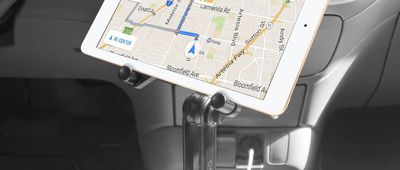Turbo Charged
Car batteries are an essential component of any vehicle – they provide the power needed to start the engine and run electrical systems. Like all automotive parts, car batteries will eventually wear out and need to be replaced: A fully charged battery should read 12.6 volts or higher; if the reading is below 12.4 volts, your battery may be starting to fail, and a replacement is likely needed. But how often should you change your car battery, and what can you do to help it last longer? Here are five things to look out for.
Related: The Best Jump-Starters, Plus How to Jump-Start a Car Yourself














